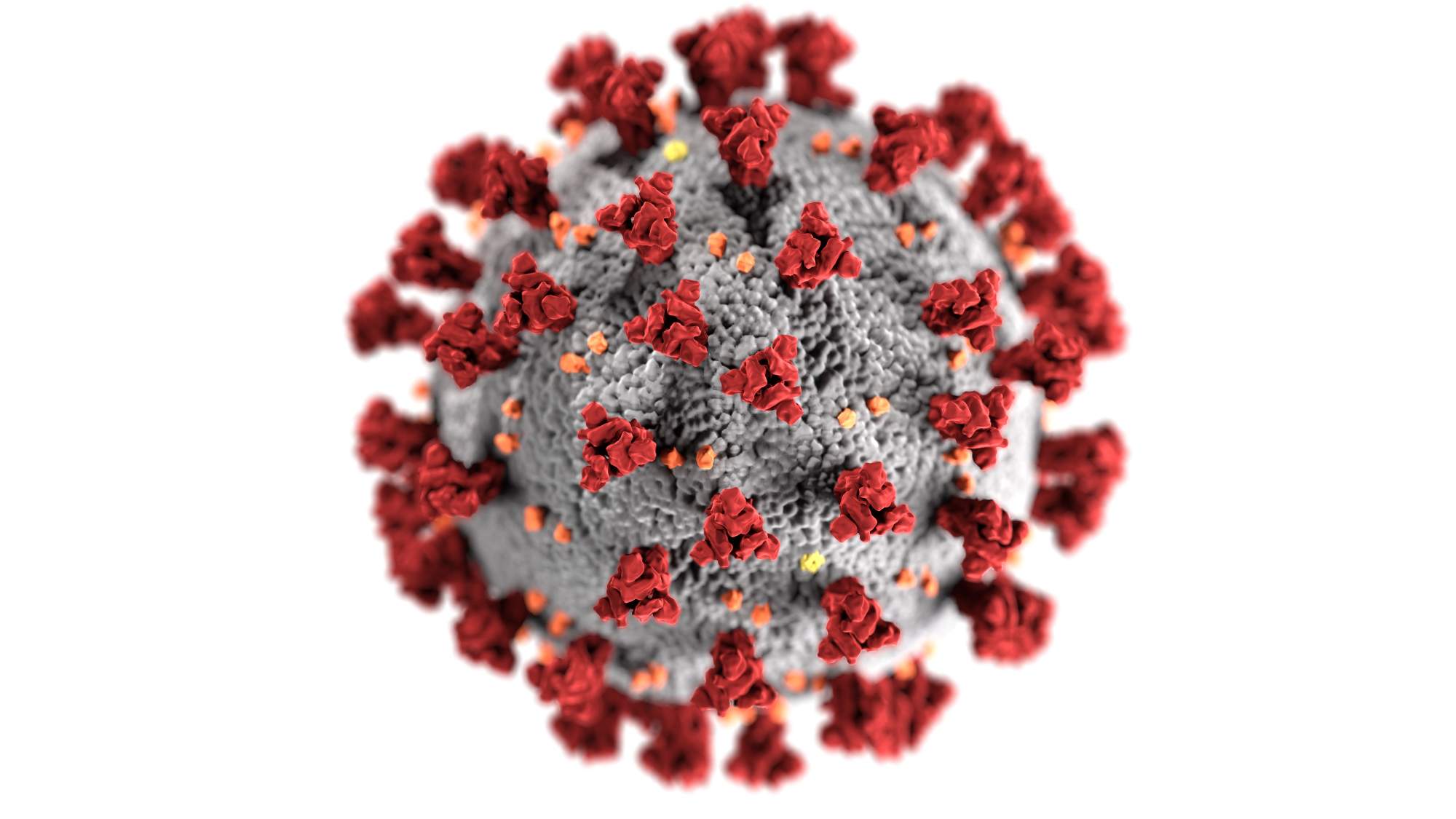The covid-19 epidemic that we have had, and that we are still living in today, killed almost 5 million people, 242 million people have contracted the disease. And yet, this epidemic was marked by many news echoing the proliferation of conspiracy theories: anti-mask, anti-vaccine. Those beliefs, which a large part of the population shares, can act as a brake on the various medical measures and interventions that are or will be recommended by experts and government institutions, which can represent a danger in controlling the epidemic.

First of all, it is necessary to define the concept of conspiracy belief. The latter represent a subset of false beliefs in which the cause of an event is believed to be due to a conspiracy of several actors acting in the shadows. These provide people with simplified answers, especially to the question: how a certain crisis situation arose? These answers are important because they allow individuals to understand complex events, to make sense of the world, of the environment in which they live. Belief in conspiracy theories (TC) is a growing phenomenon, whether through social media, but more generally thanks to the internet. They can allow minor ideas, such as unverified rumors and conspiracy ideas, to avoid being stifled by the majority, social pressure or filtered out by mainstream media. Indeed, according to Fernbach and colleagues, extreme scientific and political opinions are often associated with an extreme overestimation of the knowledge of the individual who carries them. This is explained by the beliefs that are conveyed in their community, like information “bubbles” favored by the use of social networks, individuals rarely come into confrontation with ideas that contradict them and when this happens, a rejection phenomenon helps them to keep their beliefs.
What about the impact of these beliefs on the strategies of individuals to cope with the health crisis? Several studies focusing on this subject, show that they will influence coping strategies, insofar as they accentuate a confidence of government and medical institutions, which promotes the use of treatments and alternative medicines that do not or are not recommended. These alternative medicines can even be dangerous. To take a concrete example, conspiracy beliefs are linked to mistrust of vaccination campaigns, including refusal to be vaccinated regardless of the consequences that may have. Bierwiaczonek and colleagues in a longitudinal study, showed that TC beliefs were correlated with a reduction in social distancing during the epidemic wave following the measurement. These results were found in other epidemics, to take an example Ford et al (2013), in a study of HIV, showed that TC beliefs and mistrust of government were correlated with late screening of the disease. This late detection indeed is problematic in that the individual has more time to transmit the virus to other people. All these elements point to the danger of these beliefs on public health because they influence the way they perceive the danger, the selection of relevant information to reduce the spread of the virus and the protective behaviors that the population must put in place.
Bibliography :
Bierwiaczonek, K., Kunst, J. R., & Pich, O. (2020). Belief in COVID-19 Conspiracy Theories Reduces Social Distancing over Time. Applied Psychology: Health and Well-Being, 12(4), 1270–1285. https://doi.org/https://doi.org/10.1111/aphw.12223
Ford, C. L., Wallace, S. P., Newman, P. A., Lee, S.-J., & Cunningham, W., E. (2013). Belief in AIDS-Related Conspiracy Theories and Mistrust in the Government: Relationship With HIV Testing Among At-Risk Older Adults. The Gerontologist, 53(6), 973–984. https://doi.org/10.1093/geront/gns192
Rabb, N., Fernbach, P. M., & Sloman, S. A. (2019). Individual Representation in a Community of Knowledge. Trends in Cognitive Sciences, 23(10), 891–902. https://doi.org/10.1016/j.tics.2019.07.011